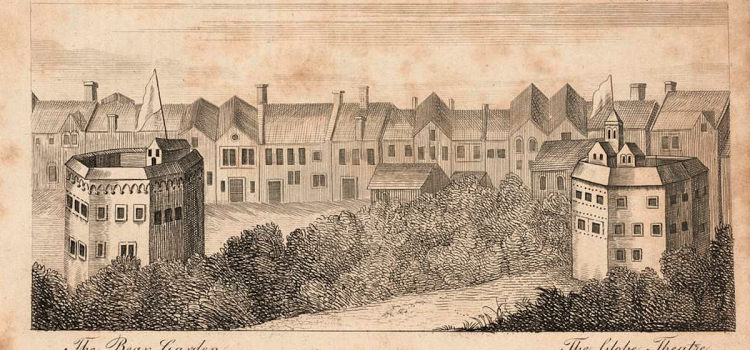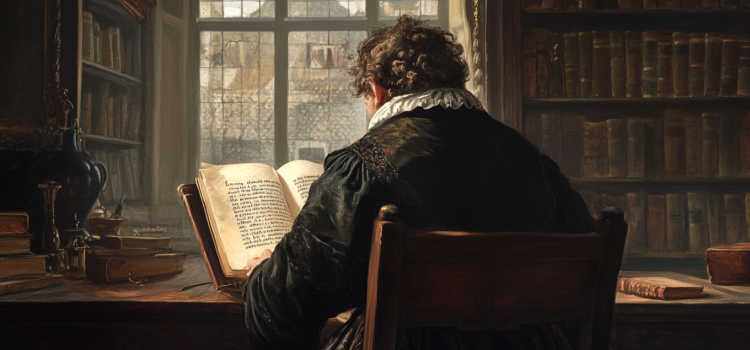What makes someone a linguistic genius like William Shakespeare? How can we trace the development of language skills from babbling infants to eloquent adults? According to Howard Gardner, linguistic intelligence involves grasping the meanings behind words and using language to express ideas, whether through speaking or writing. This intelligence follows a clear developmental line, starting with babbling in infancy and progressing to complex sentences by age five. Keep reading to discover how linguistic intelligence shapes your communication skills and why it’s more complex than simply being “left-brained.”
Howard Gardner: Linguistic Intelligence Helps Us Grasp Meaning










